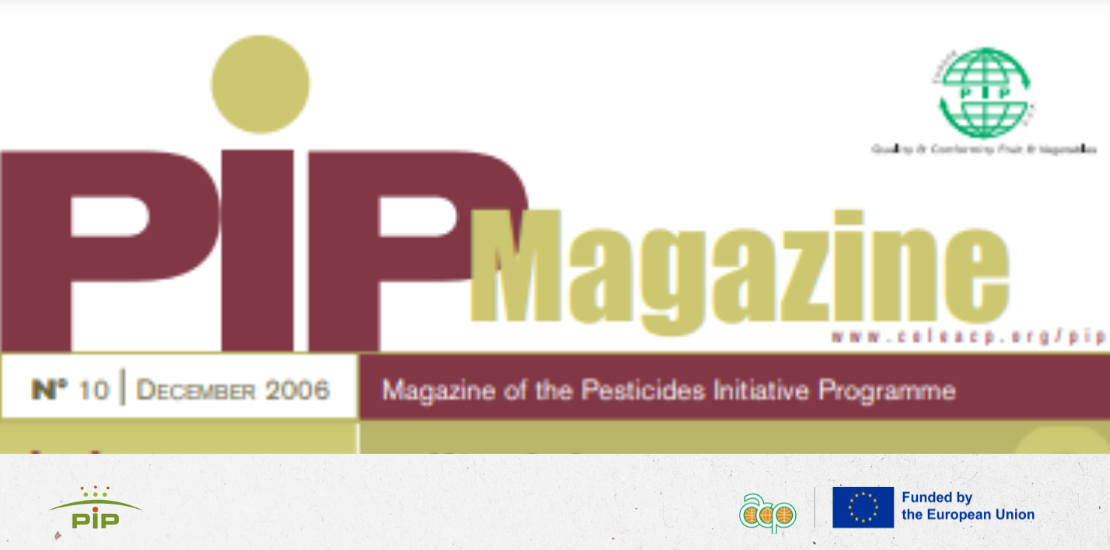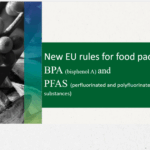- 20/12/2024
- Posted by: Sandra Borma
- Category: News

Source : PIP Magazine n° 10, December 2006
“Today, 80% of the services funded by the PIP are provided by ACP consultants, compared to 20% at the programme’s start-up. ACP expertise is thus massively replacing European expertise. This situation enables companies to find economically viable solutions to their problems at the local level and to build the anticipation capacity of stakeholders in the ACP fruit and vegetable sector. The local experts also offer the advantage of being very familiar with production conditions in the country and the local environment.
“This strategy aimed at enhancing the value of national expertise by ensuring a transfer of knowledge and skills is justified, in my view. It enables local companies to find qualified and reliable service providers on location”, explains Olga Kouassi, a consultant in Côte d’Ivoire. “And even after the programme’s conclusion, the expertise will be there to guarantee the continuation of what has been done and at a cost companies can pay”, she concludes. Frank Dumas, Quality Director for Sélectima, a company based in Côte d’Ivoire that has been receiving PIP support since 2003, also considers it vital to have quality advice locally.
“The local experts carried out their assignment very well. They have met our expectations. They were all highly competent and knew their subject perfectly. Their human qualities, their attentiveness to our concerns and their availability made them very valuable advisors for our company”, he confirms. Helping companies become better organised and more competitive The introduction of traceability in companies has been and remains one of the PIP’s priority projects.
“With the support of the PIP, we set up an effective traceability system that enables us to comply with regulatory requirements and our clients’ needs. In the event a client has a complaint, we can easily trace the origin of the problem and take remedial action. We see this as a tool for product safety and quality”, explains Alexander Agudelo of the Compagnie des Bananes de Côte d’Ivoire. A traceability software tool specifically adapted to the needs of ACP producers has also been developed by the PIP’s experts and made available to companies. Firms in Burkina Faso, Kenya, Ghana, Senegal, Cameroon and Uganda have already adopted it. To help ACP producers grow fruit and vegetables in accordance with good practices and the requirements of European regulations on maximum residue limits (MRLs), the PIP has drawn up reference crop protocols for around 10 crops. These protocols or production guides have been validated through field testing carried out in collaboration with the main manufacturers of plant protection products and the ACP producers themselves.
In parallel with the preparation and validation of the reference crop protocols, the PIP coordinates a registration adjustment programme for the ACP states. In addition to complying with European sanitary and phytosanitary standards, the plant protection products recommended by the PIP must also be authorised for use in the countries where the fruit and vegetables are produced. Following on from the Permanent Inter-state Committee for Drought Control in the Sahelian Zone (ICDCS), which already has a harmonised registration procedure, two new regional pesticide registration bodies have been set up in Africa in recent months with the support of the COLEACP/PIP (…)”.
The Pesticides Initiative Programme (PIP) was financed by the European Development Fund. The ACP Group of States and the European Commission entrusted responsibility for its implementation to COLEACP (today COLEAD).





